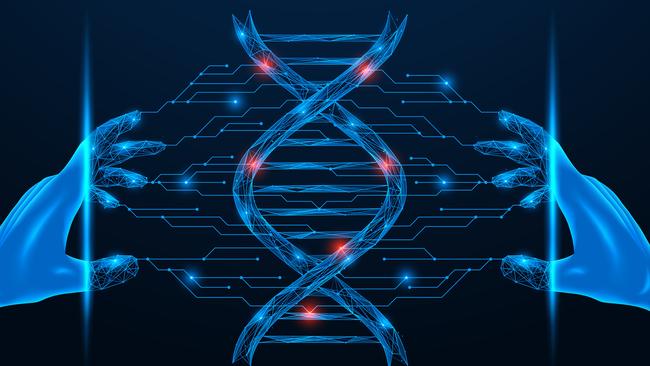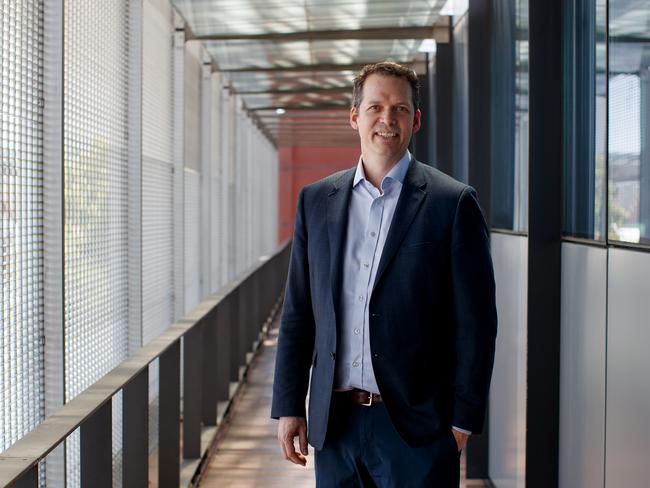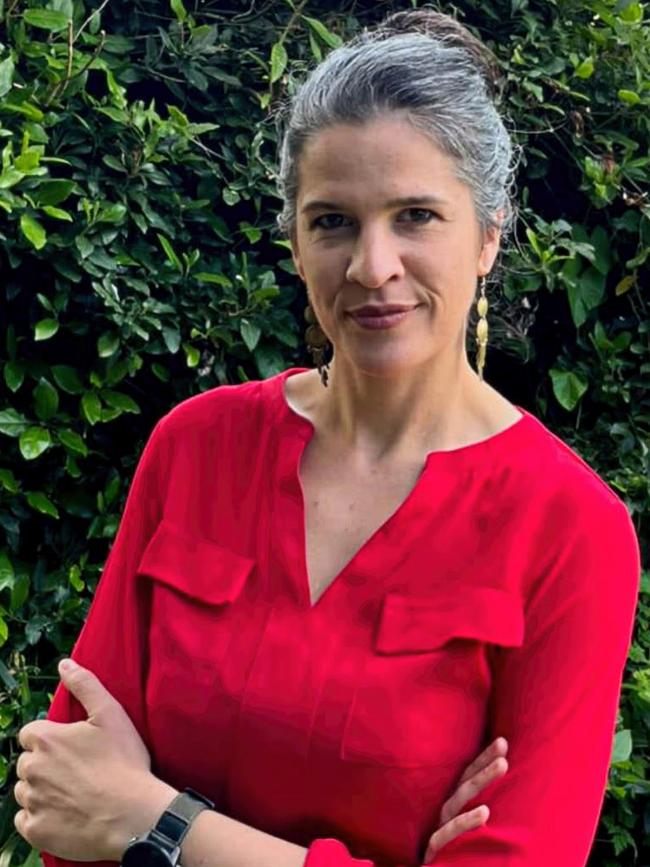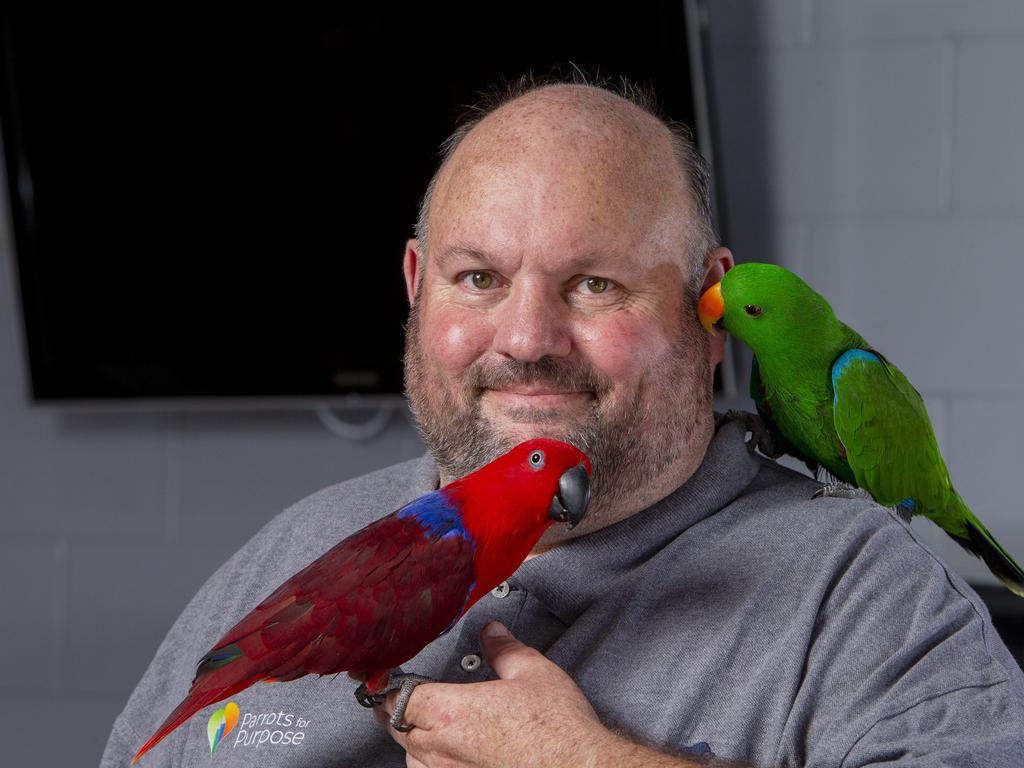AI will pave the way for precision medicine, but risks loom large
Advancements in whole-genome sequencing have ignited a revolution in digital biology. But the commercialisation of genetic databases poses many risks.

Advances in whole-genome sequencing have ignited a revolution in digital biology – but the rise of artificial intelligence is set to supercharge the development of precision medicine.
Understanding a single protein in a DNA sequence once took years of a single scientist’s labour. Now, machines can read and understand an entire genome in seconds.
It’s crucial for not only rapidly pinpointing mutations in a person’s genes and identifying whether those variations are disease-causing, but AI tools are also the key to developing personalised therapeutics.
“People should be excited about what lies ahead in genomic medicine,” said Claire Bycroft, a computational scientist at Oxford University specialising in human genetics and a research scientist at Google’s DeepMind project.
“What AI tools are helping us to do is to dramatically scale up the process of scientific inquiry.
“Now that we have tools like (Google’s) AlphaFold Protein Structure Database (a computer model that predicts the three-dimensional structure of a protein from just its amino acid sequence), we’re able to have a hypothesis about what that folding structure looks like for so many more proteins. In fact, we now have predictions for all of the unique proteins in the human body.”
With enormous amounts of genomic data already collected around the world and stored in vast biobanks, AI has enabled the swift pinpointing of genetic variations that may be connected to various diseases.
Key to the precision the technology has been able to offer is that it not only identifies novel risk factors and disease biomarkers, but because such a large amount of genetic data is now held on public databases, it can also help scientists determine whether the DNA variations identified are likely to cause disease by comparing against those who have certain diagnosed conditions.
But the technology can only assist to a point. Translating it to clinical practice requires expert interpretation to ensure accuracy and relevance, as the director of the Garvan Institute’s Centre for Population Genomics, Daniel MacArthur, explains.

“The problem we need to solve is that of the millions of genetic changes in a person’s DNA, which of those changes actually causes disease – that’s a needle in a haystack,” says Professor MacArthur, who is heading a world-leading project to integrate genomic data from vast international repositories with AI technology to enable rapid diagnosis of rare disease and its translation into clinical practice. The consortium is known as the Australian Alliance for Secure Genomics and AI in Rare Disease.
“Each of us carries three to five million genetic changes, but only one or two of those is actually responsible for the patient’s disease. Finding that needle in the haystack is a fairly complicated process,” he says.
When scientists crack a disease code, it can pave the way for the development of precision medicine, which AI is uniquely positioned to facilitate by helping personalise medicines based on each patient’s genetics.
There is what Professor MacArthur describes as “a whole universe of tools” that are publicly accessible – the genetic database held by Google’s DeepMind is just one of them – to assist scientists. But having such vast quantities of genetic data held by countless organisations around the world carries increasing risk.

Genetic data is vulnerable to biohacking, and there are murky questions around what people consent to in the future use of their data. As well, there is the possibility that genetic data could be sold without patients having any option to delete their bio-information. The situation of the commercial genetic testing company 23andme, which is facing bankruptcy, with its founder considering selling the company along with the DNA of its 15 million customers, is a case in point.
“We’ve got these commercial entities now with huge data sets,” says Jane Tiller, a lawyer, genetic counsellor and public health researcher at Monash University who specialises in ethics in genomics.
“Absolutely, people right now are selling access to data. We have to move into an understanding that maybe, because we are gathering massive amounts of data and storing it, we may lose control over what happens to it. We also need to think about whether we really should be storing this data if it doesn’t provide any health benefit in the short term.
“I think it’s a real question as to whether we want this kind of data and people’s DNA samples just sitting around.”
Those considerations have prompted the National Institute of Health in the US to recently announce it is starting to delete people’s genetic trait and health information from its databases.
The need for carefully drafted regulation, given privacy concerns and commercial incentives, is the next issue that will loom large for governments.





To join the conversation, please log in. Don't have an account? Register
Join the conversation, you are commenting as Logout